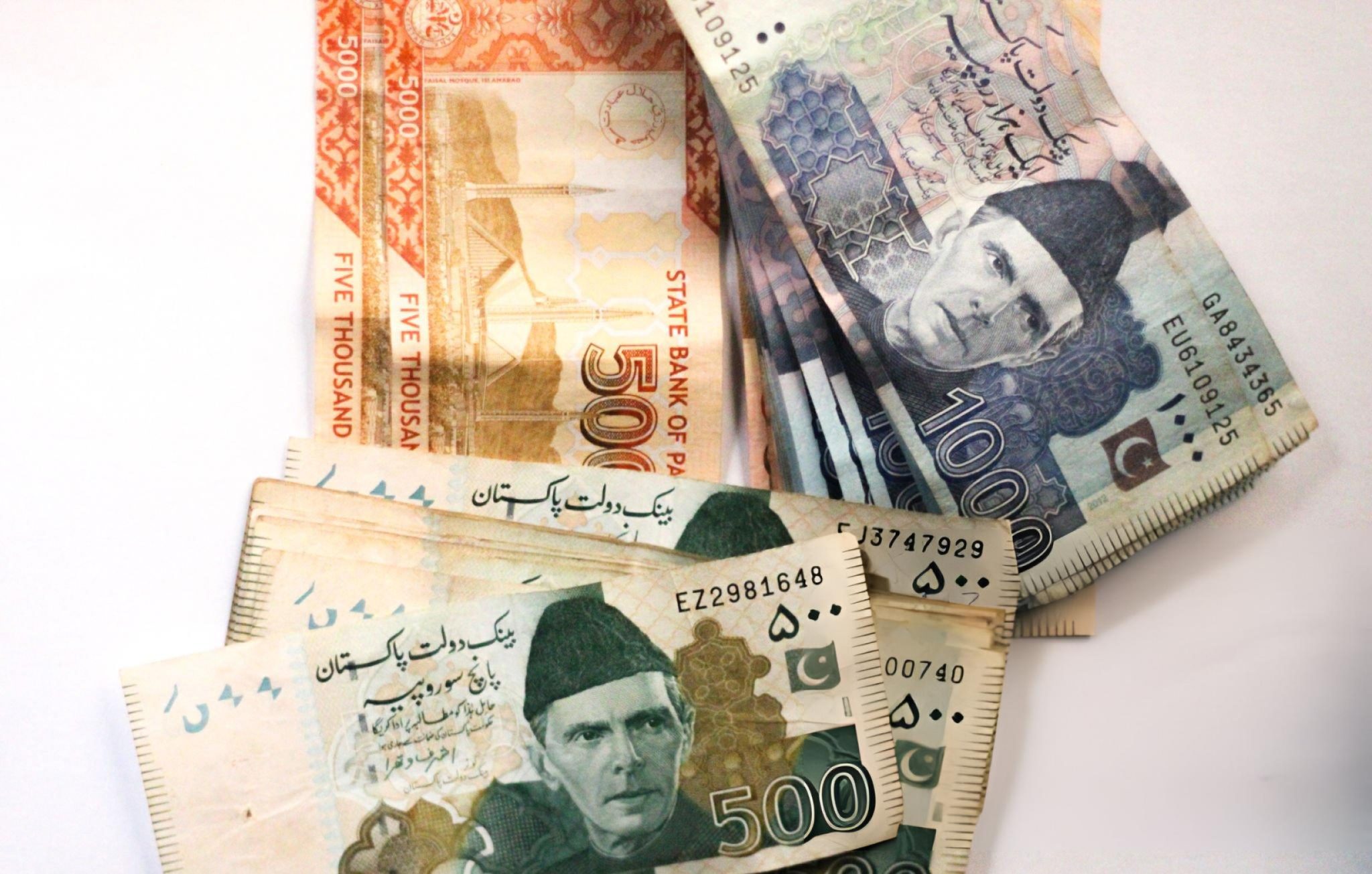ISLAMABAD: On Wednesday, Minister for Planning, Development and Special Initiatives Ahsan Iqbal hailed the China-Pakistan Economic Corridor (CPEC) as a transformative force for Pakistan, suggesting that the country would have faced severe economic challenges without it. Speaking at a seminar titled ‘CPEC 2.0: Prospects and Challenges,’ organized by the Institute of Regional Studies (IRS), Iqbal outlined how CPEC has redefined Pakistan’s position as a prime investment destination.
The seminar, attended by a range of officials including Senator Mushahid Hussain Syed, Chinese embassy Minister Counsellor Yang Nuo, and renowned economist Dr. Ashfaque Hasan Khan, focused on the new phase of CPEC and the opportunities it presents.
Significant Impact of CPEC
Iqbal emphasized the critical role of the CPEC initiative, particularly its second phase, in enhancing Pakistan’s industrial collaboration, regional connectivity, and socioeconomic development. He attributed the success of CPEC to the strong bond of trust and shared vision between China and Pakistan, which helped overcome initial hurdles. “CPEC 2.0 aims to leverage technology, create job opportunities, and ensure food security through agricultural mechanization,” Iqbal stated, underlining the initiative’s potential to build a brighter future for Pakistan’s generations.
The Minister stressed the importance of peace, political stability, continuity of policies, and national unity for the success of CPEC. According to him, these elements are crucial as Pakistan advances into the next phase of this landmark project.
Shifting Global Power Dynamics
Senator Mushahid Hussain Syed highlighted a broader shift in global power dynamics, noting that the center of power is transitioning from the West to the East. He praised China’s rise as a scientific superpower, with significant contributions to artificial intelligence (AI) and advancements in higher education. Syed also acknowledged China’s expanding role in global diplomacy and its strategic partnership with Pakistan, emphasizing the mutual trust and long-term cooperation between the two nations.
The Senator also addressed attempts by hostile elements to undermine CPEC, suggesting that these efforts have been met with resilience from both nations.
CPEC’s Ongoing Success
Yang Nuo, Minister Counsellor at the Chinese embassy, shared that the second phase of CPEC is expected to generate renewed momentum for Pakistan’s development. He noted that the project had already attracted $25 billion in investments over the past 11 years, significantly impacting the country’s economic and social landscape. Yang outlined the key areas of focus for Phase 2.0, including the development of Special Economic Zones (SEZs), accelerating project implementation, and increasing agricultural exports from Pakistan to China. These efforts are intended to support both China’s modernization goals and Pakistan’s growth.
Academic and Expert Insights
Dr. Ashfaque Hasan Khan, Principal and Dean of Social Sciences and Humanities at NUST, praised CPEC for its comprehensive approach to promoting connectivity, regional cooperation, and integration. He highlighted the project’s success as evidenced by the involvement of over 150 countries and 40 international institutions.
Prof. Zhang Jiadong from Fudan University underscored the importance of dispelling negative propaganda surrounding Chinese companies. He advocated for focusing on frameworks that create job opportunities and business prospects.
Dr. Hasan Daud Butt, Associate Professor at Bahria University, stressed the importance of urban-rural synergy for the success of CPEC Phase 2.0. He cited the Hakla-D.I. Khan Road project as an example of effective synergy between urban and rural development.
Khalid Taimur Akram, Executive Director of the Pakistan Research Centre for a Community with Shared Future, encouraged Pakistan to explore other regional corridors and their integration with CPEC. He suggested that this would enhance regional connectivity and strengthen Pakistan’s role as a trade hub, aligning with the 5Es framework of development.
In his welcome remarks, IRS President Ambassador Jauhar Saleem acknowledged the heightened all-weather strategic cooperative partnership between Pakistan and China, facilitated by the launch of CPEC 2.0. He emphasized that this new phase of CPEC presents significant opportunities for job creation, youth empowerment, and economic growth. However, he also highlighted the need to address security and institutional challenges to ensure that these opportunities translate into productive investments.
As Pakistan navigates this pivotal phase of CPEC, the collective insights and commitment of both governments, businesses, and academic experts will play a crucial role in harnessing the full potential of this transformative initiative.







